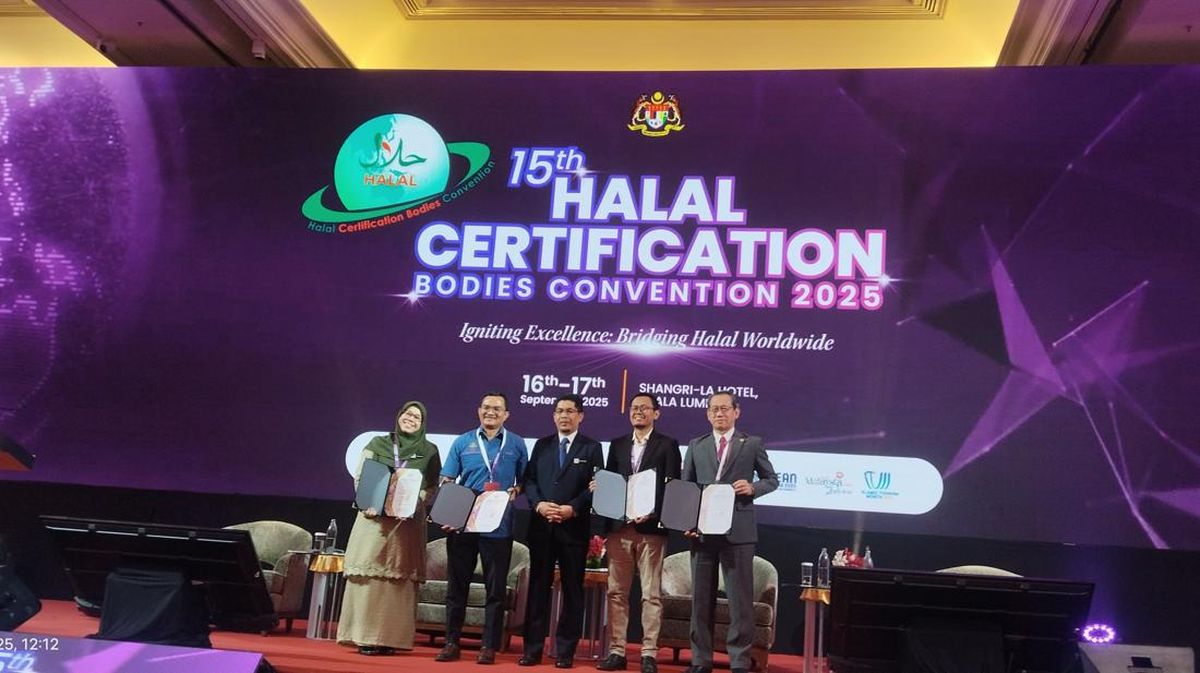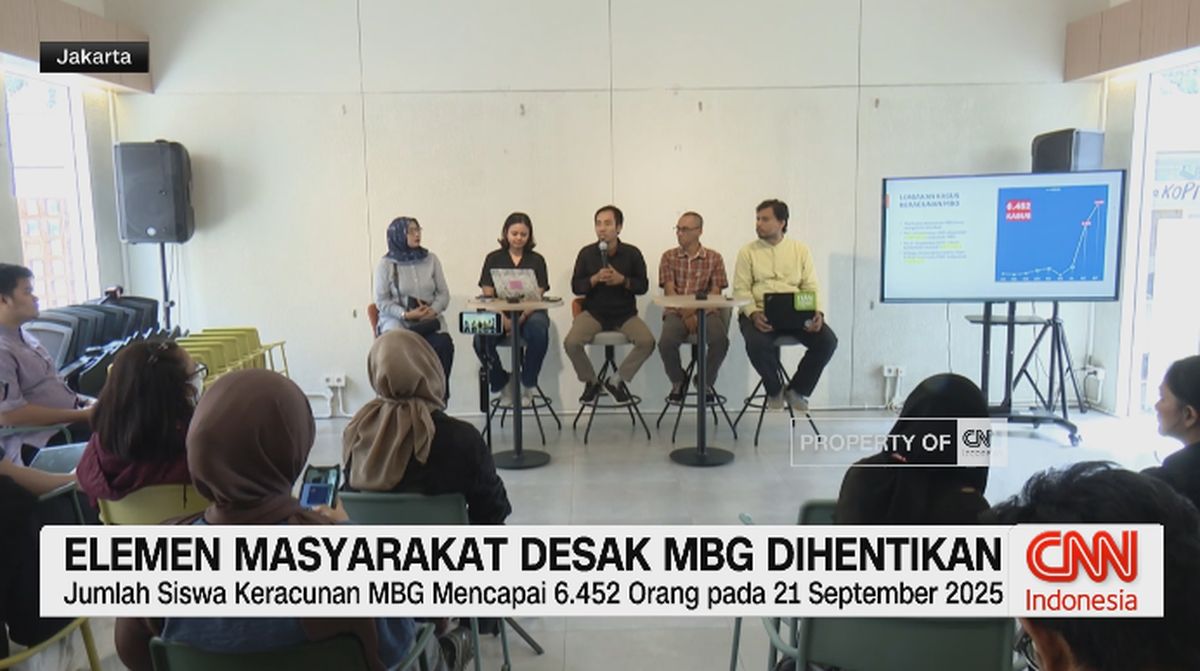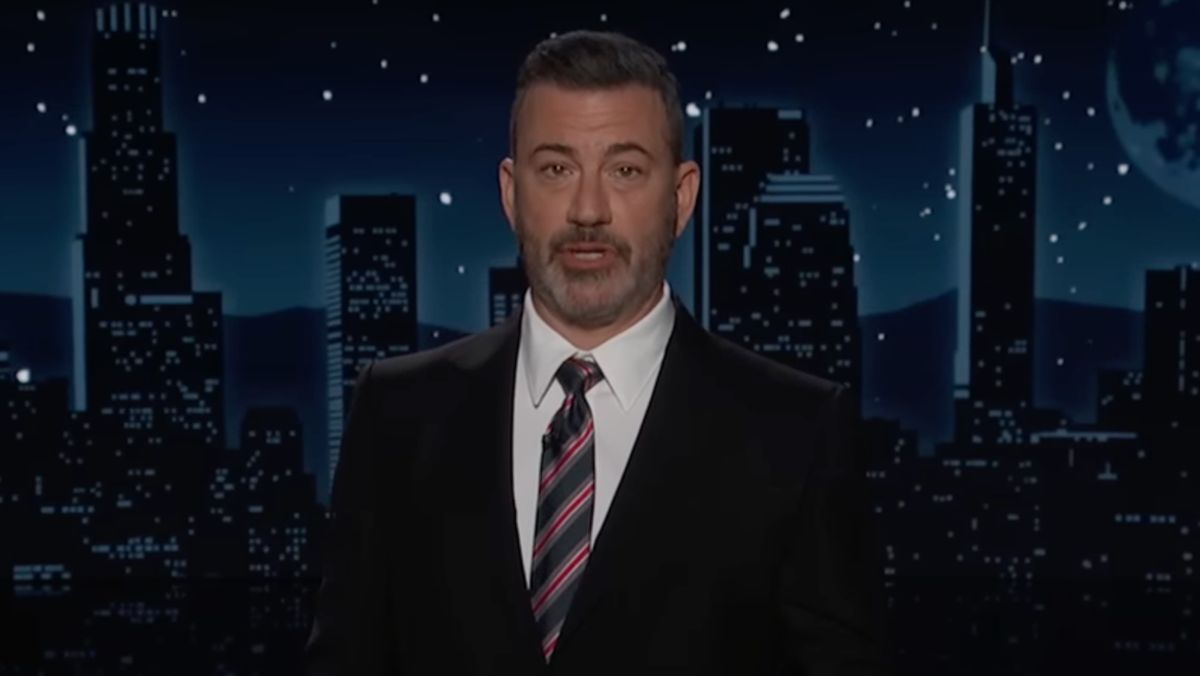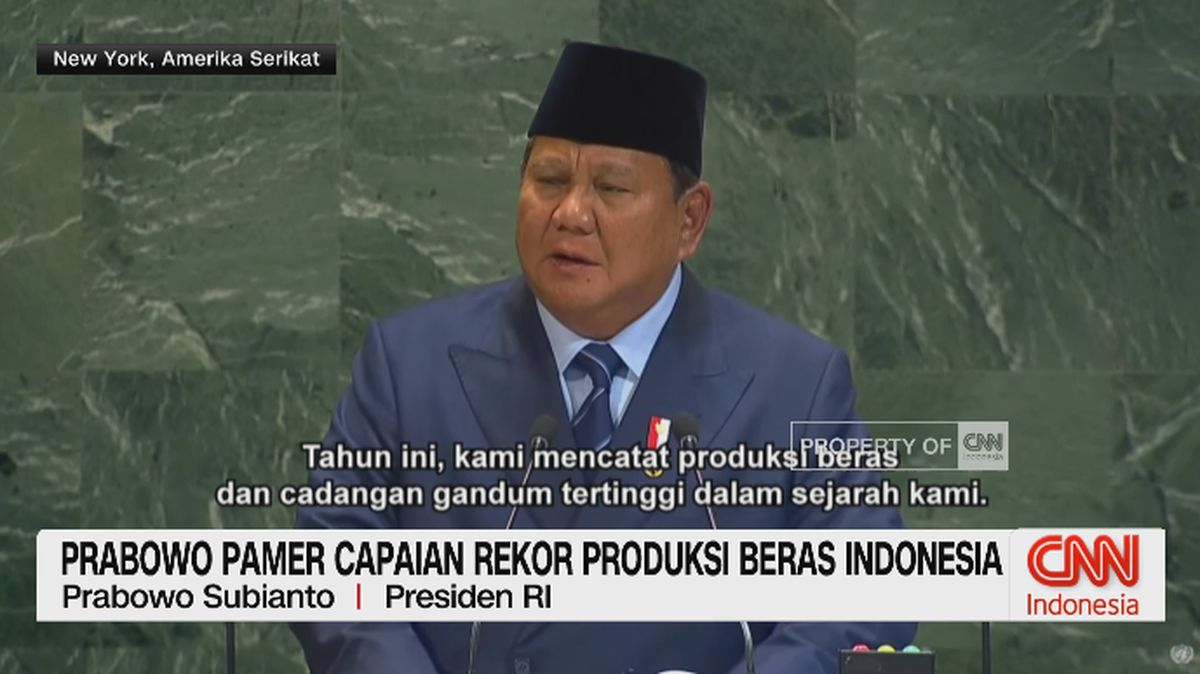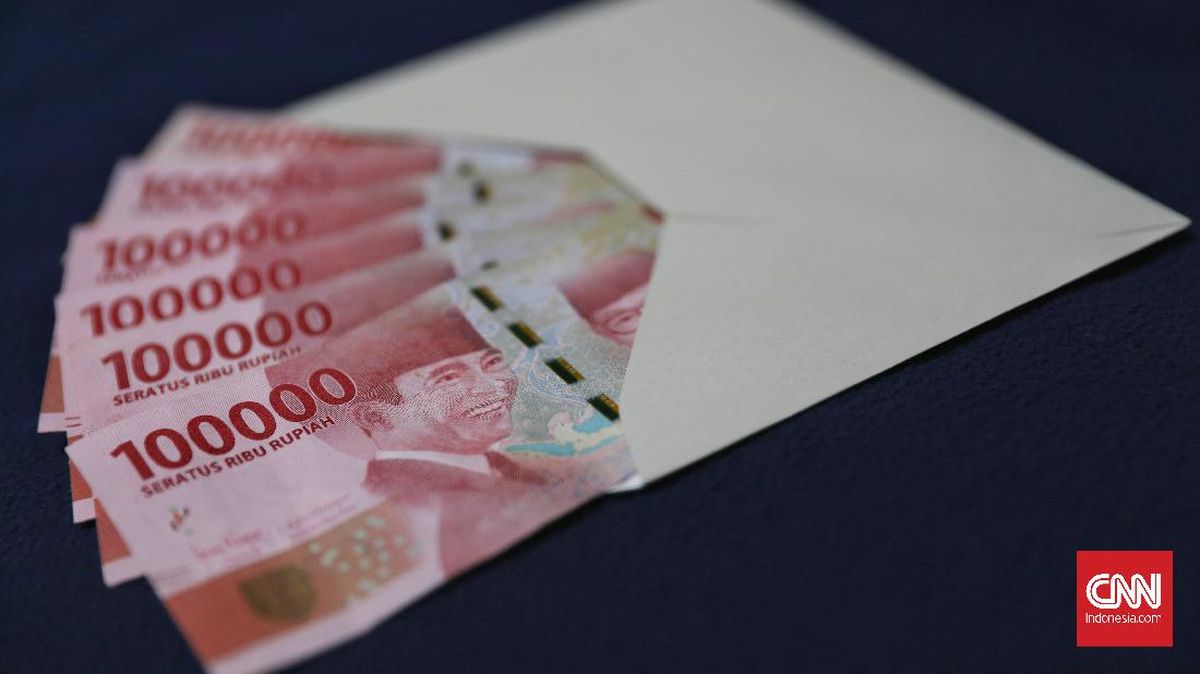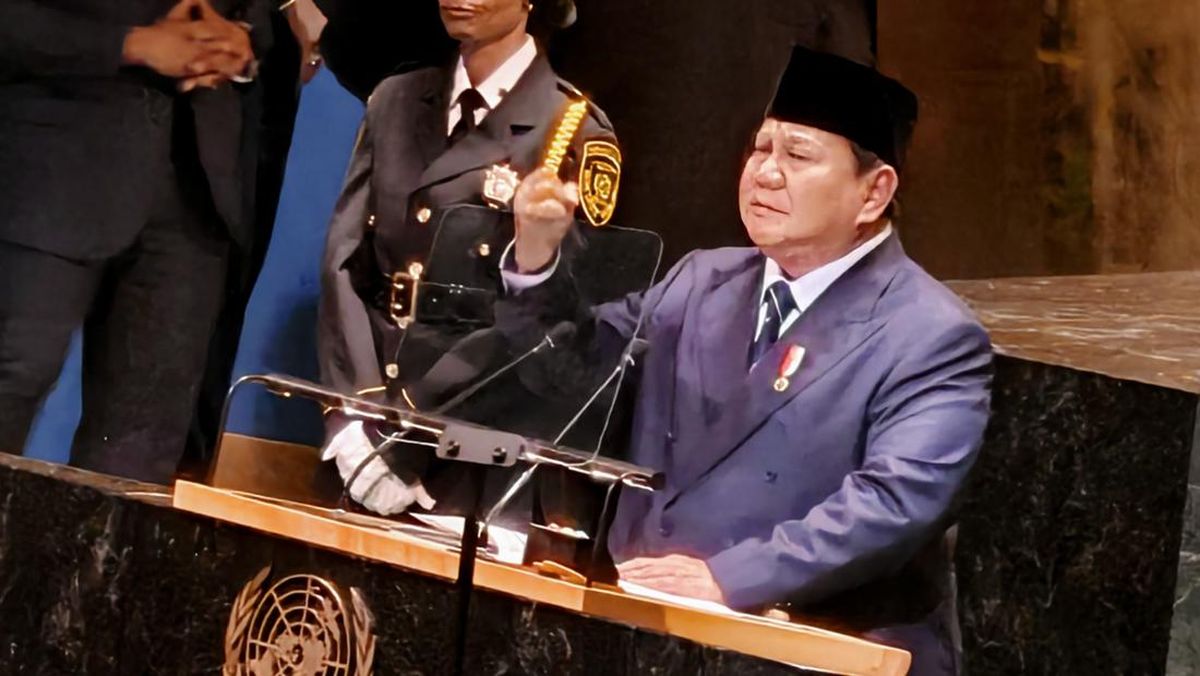Opinion
September 24, 2025 — 3.45pm
September 24, 2025 — 3.45pm
Does anyone else jump online, read about US politics and wonder if they’ve been dropped into a George Orwell novel? If only the prose were as polished and witty.
In a world where politics has become auto-satirising, it seems the real satirists have become the most astute and influential observers of politics. Stephen Colbert’s The Late Show has not been renewed by CBS. And Disney briefly cancelled fellow satirist Jimmy Kimmel’s show, Jimmy Kimmel Live! Their crime? Having the temerity to criticise US President Donald Trump.

Cancelled and the reinstated TV host Jimmy Kimmel (left) and US President Donald Trump.Credit: AP
Given the long history of US comedians poking fun at their president and the fact that the US Constitution contains that pesky First Amendment you’d be forgiven for wondering if we are all the butt of an elaborate joke. But no. Trump has, as predicted, wrested control of the levers of power from trustworthy hands and installed his apparatchiks with a speed that would make Joe Stalin envious. Enter stage, far right, Brendan Carr, the chairman of the US Federal Communications Commission, eager to do the president’s bidding.
In the age of social media, demands to cancel people whose views do not conform to the agreed political template are proliferating on both the left and the right. Comedy, it seems, is an increasingly risky business.
So how does Australia differ from the US when it comes to tolerance for satirising our leaders? And is there something fundamentally anti-authoritarian in the Aussie sense of humour that can help bind a multicultural nation founded on stolen land?

Mungo MacCallum famously referred to the late Billy McMahon as looking like “a VW with both its doors open”.Credit: Cartoon by Les Tanner (1982)
Tony Moore and Steve Vizard, both professors at Monash University, have just interviewed 80 Australian comedians for a major research project. Moore comments that: “In Australia, humour and irony have been small weapons in the armoury of the oppressed, the outcast, or those simply fed up with cultural uniformity. This fightback begins with Aboriginal people, who have long used wry and ironic humour against authorities as a form of resistance to colonisation.”
Moore is also the co-author of an insightful new book, Fringe To Famous, which includes a chapter which looks at how the roots of comedy in Australia have a distinctly larrikin quality delivered in a working-class accent.
Australian political commentators used to feel free to have an irreverent crack at our fearless leaders. My friend David Armstrong, a storied journalist and editor, reminded me recently that the famously acerbic political commentator Mungo MacCallum once described former prime minister Billy McMahon as looking like “a VW with both its doors open”. McMahon certainly had noteworthy ears.
Of course, Australia also has a notoriously puritan past when it comes to censorship. James Joyce’s Ulysses was banned until the 1950s in Australia. I wasted months of my early teenage years trying to find the naughty bits in the library.
Loading
But comedy has largely escaped the censor’s wrath. Looking back on the extraordinary comedy acts of my generation: Mikey Robins, Wendy Harmer, the Doug Anthony All Stars and Los Trios Ringbarkus, to name but a few, I am eternally grateful for the way they jolted my earnest young left-wing self out of self-righteousness. Thankfully, the irreverence continues. Tim Minchin’s brilliant political satire always restores my sanity when I find myself in despair over social media polemics.
In 1974, legendary left-wing PM Gough Whitlam appeared in the film Barry McKenzie Holds His Own in a cameo as himself. Today the film would struggle to get funding because of the “woke” minefield it drunkenly staggers across. (Indeed, Barry Humphries, who plays Barry McKenzie’s aunt in the movies, was later cancelled over perceived anti-trans comments and the Melbourne Comedy Festival removed his name from a key award.)
I’m a feminist and I love the Barry McKenzie movies. I think they send up sexism, not endorse it. And of course, they were of their era. We all live and learn. And I think we need to be very careful about how we separate true hate speech from satirical speech.
In an era where authoritarianism is once again on the march across the political spectrum, we need, more now than ever, to question our convictions and moral certainties. And god knows, we all need a good laugh.
Catharine Lumby is a Professor of Media at Sydney University. Her most recent book is Frank Moorhouse: A Life
Find out the next TV, streaming series and movies to add to your must-sees. Get The Watchlist delivered every Thursday.
Most Viewed in National
Loading

